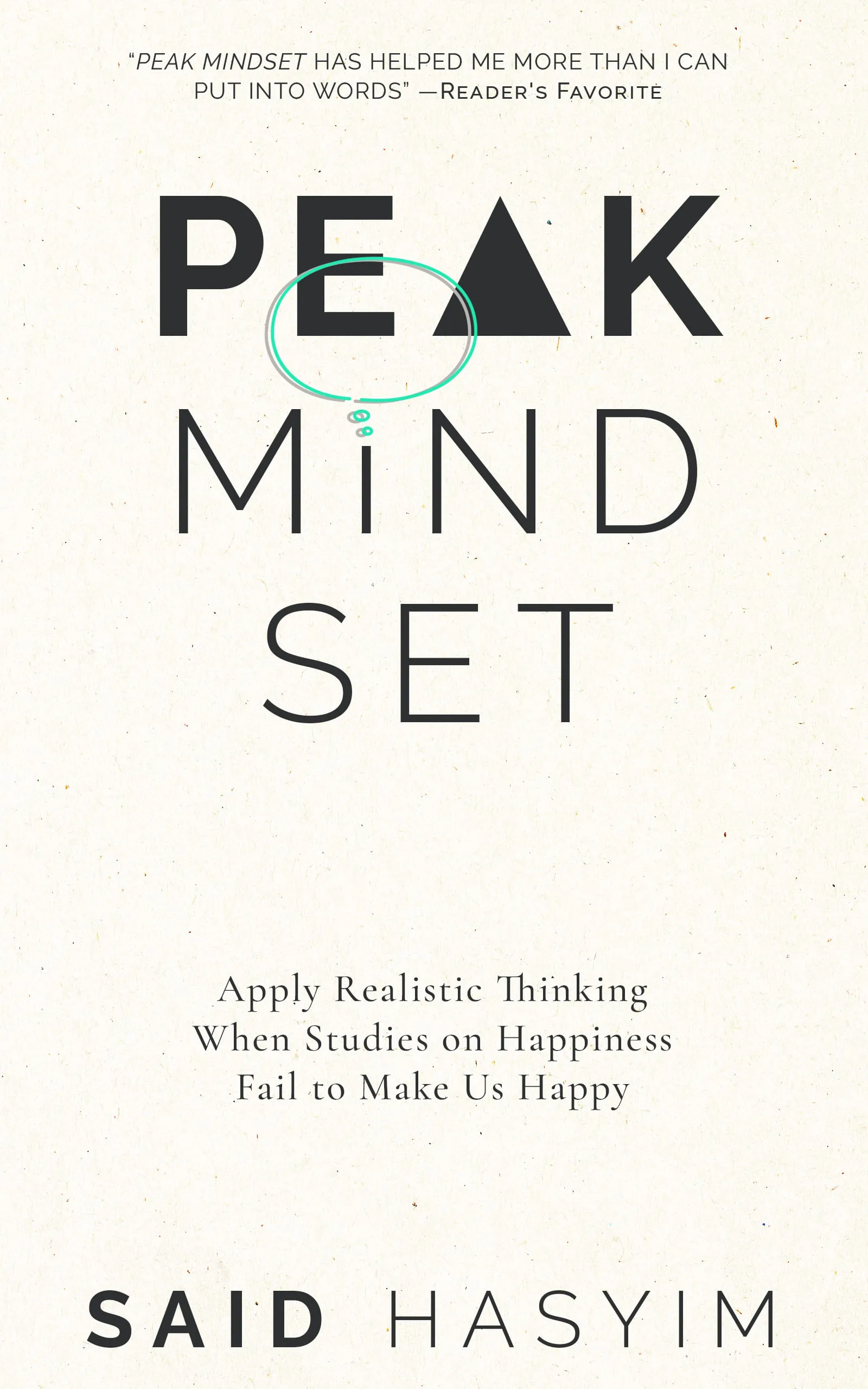The Art of Adapting: Realism in Difficult Times
In a world that is constantly changing, the ability to adapt is not just a valuable skill; it is a crucial survival mechanism. Difficult times bring uncertainty, challenges, and sometimes overwhelming obstacles that test our resilience. However, within these challenges lies an opportunity for growth, transformation, and innovation. In this blog post, we’ll explore the art of adapting, emphasizing the importance of realism in navigating tough times, and providing practical strategies to harness these opportunities for personal and collective development.
Understanding Realism
At its core, realism is about recognizing and accepting the current state of affairs, no matter how daunting they may seem. It involves an honest evaluation of our circumstances and an understanding of the limitations and possibilities that exist within them. Realism is not pessimism; rather, it is a pragmatic approach that allows us to confront our situation head-on without succumbing to wishful thinking or denial.
Realism entails looking at the bigger picture and acknowledging the complex landscape we inhabit:
Global Issues: Economic instability, climate change, social injustice, and political strife are just a few examples of the global challenges we face today.
Personal Struggles: On a more individual scale, many people grapple with job loss, health issues, relationship challenges, and mental health struggles.
By embracing realism, we equip ourselves to make informed decisions that can lead us toward resilience and effective adaptation.
The Importance of Adaptation
Adaptation is the process through which we adjust in response to changes and challenges. It can manifest in various forms – from altering our daily routines to embracing new technologies or even reconsidering our goals and aspirations. Below are several reasons why adaptation is crucial, particularly in difficult times:
1. Survival
In many circumstances, the ability to adapt determines survival. For individuals and organizations alike, those that resist change may find themselves unable to cope with new realities. In contrast, adaptive individuals and entities can navigate through uncertainty and thrive against the odds.
2. Growth and Learning
Adapting fosters resilience, but it also presents opportunities for personal and professional growth. Every challenge overcome contributes to our knowledge base, making us more versatile and competent in the face of future difficulties.
3. Innovation
Difficult times often spark innovation. Necessity is the mother of invention, and urgent pressures can lead people to think outside the box, creating new solutions that would not have arisen in more stable conditions.
4. Strengthening Relationships
Shared challenges can deepen connections among friends, family, and colleagues. When we adapt together, we forge stronger bonds that create a sense of community and support.
Strategies for Adaptive Realism
To harness the art of adapting meaningfully, consider the following strategies:
1. Practice Mindfulness and Self-awareness
Cultivating mindfulness helps us to stay present and grounded. By being aware of our thoughts, emotions, and reactions, we can make better-informed decisions instead of reacting impulsively to stressors. Regular mindfulness practices, such as meditation, journaling, or simply taking deep breaths, can cultivate an increased sense of clarity and purpose.
2. Set Realistic Goals
When faced with difficult situations, it may be tempting to set lofty, idealistic goals. However, setting realistic, attainable objectives allows for measurable progress and keeps motivation high. Break larger goals into smaller, actionable steps, and celebrate your achievements along the way.
3. Embrace Change and Uncertainty
Change is an inherent part of life, yet it often comes with discomfort. Rather than resisting change, learn to embrace it. Reframe uncertainty as a chance to explore new possibilities and adapt your mindset to see challenges as opportunities.
4. Seek Support
Isolation can exacerbate feelings of stress and helplessness. Building a support network of trusted friends, family, and professionals can provide valuable perspectives, encouragement, and resources. Open dialogue fosters a sense of community and reminds us that we are not alone in our struggles.
5. Stay Informed and Flexible
The world is filled with evolving information and circumstances. By staying informed and maintaining flexibility, we can pivot our approach as needed. Create a habit of consuming diverse sources of information and keeping an open mind to the ideas and perspectives that may challenge your existing views.
6. Foster Creativity
Problem-solving often requires a creative mindset. Encourage creative thinking in your daily life by engaging in different activities, exploring new hobbies, or collaborating with others. Creativity is a powerful tool for opening our minds to new solutions and pathways.
7. Reflect and Adapt
Regularly reflect on your experiences, choices, and changes. What worked? What didn’t? Use these reflections as opportunities to adapt your strategies when faced with new challenges or to enhance areas that succeeded. Continuous reflection leads to a more profound understanding of oneself and one’s context.
Conclusion
Difficult times are, by their nature, challenging and often unsettling. However, they also present incredible opportunities for growth and adaptation. The art of adapting lies in our ability to face reality head-on, embrace change, and cultivate resilience. By adopting a realistic mindset and implementing practical strategies, we can navigate the complexities of life’s challenges more effectively.
As we continue to confront uncertainties—both personal and collective—let us remember the wisdom of realism. Armed with honesty and adaptability, we will not only survive difficult times but thrive in a world saturated with potential for renewal and reinvention. Embrace the art of adapting; it is a skill that will serve you well throughout life’s unpredictable journey.
Leverage Your Mindset for a Fulfilling Life
Explore Peak Mindset, a book to leveraging your subconscious for a more fulfilling life. Gain insights into realistic thinking, money management, and stress resilience to make informed decisions. Discover pitfalls in conventional happiness advice and practical strategies for self-transformation. Unlock your potential and enhance your overall satisfaction.
